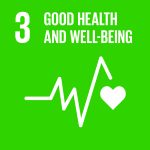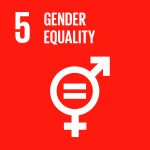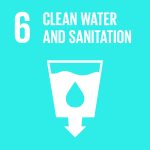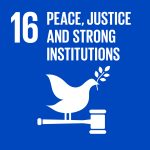Esta web utiliza cookies para que podamos ofrecerte la mejor experiencia de usuario posible. La información de las cookies se almacena en tu navegador y realiza funciones tales como reconocerte cuando vuelves a nuestra web o ayudar a nuestro equipo a comprender qué secciones de la web encuentras más interesantes y útiles.
Northwestern Access to Health (ATH) Project
Description
Institution
Northwestern University Pritzker School of Law

Organizations/areas of the university involved
Northwestern Pritzker School of Law’s Center for International Human Rights (CIHR), the Program in Public Health, the Kellogg School of Management, and the Feinberg School of Medicine Institute for Global Health work in consultation with marginalized communities across the globe to assess the health needs of the community, and to design a targeted, sustainable response. ATH has also worked with the Justice Empowerment Initiative in Nigeria, the Lagos University Teaching Hospital in Nigeria, the Near East Foundation in Mali and Lebanon, Basmeh and Zeitooneh in Lebanon, and the Clinica de Familia de La Romana in the Dominican Republic, among others .
Country
united states
The Northwestern ATH Project is an interdisciplinary global community health initiative that brings law, public health and business faculty and graduate students together with communities and NGOs around the world.
The Northwestern ATH Project brings together faculty and graduate students from across Northwestern University and around the world to address critical global health challenges that cannot be resolved from a singular siloed perspective. ATH works across disciplines to create targeted, sustainable initiatives that address health-related in partner communities, and to teach students how to engage in interdisciplinary, transnational, socially impactful collaborations. ATH has worked with rural communities in the Mopti region of Mali to address female genital cutting, with urban communities in Nigeria on health rights, and with healthcare providers in the Dominican Republic to increase quality of patient service, among others. Students at Northwestern’s law,medical and business schools participate in ATH primarily through the interdisciplinary Health and Human Rights course. The students form multidisciplinary teams to act as ‘consultants’ to research and innovate a new approach to an issue at the intersection of health, human rights and development based on the feedback from community-based partners. Students from the class may apply to join an in situ health needs assessment, and to incorporate the information from this fieldwork into the final project for their team.
Most recently, ATH collaborated with a peacebuilding organization in Somalia to address climate-related security risks. The focus of our collaboration was an assessment of opportunities for community-based initiatives in Somalia at the intersection of climate change, peace and security. In light of the intensive impacts of climate change on the region and the history of civil conflict in Somalia, the NGO has advocated for recognition of the destabilizing role climate change plays in peace and security in the form of global policy advocacy at multiple multinational and international fora. As much of the organization’s work has centered around high level advocacy around climate change and its impact on peace and security, the goal of this collaboration was to translate this global policy advocacy into actionable community-based work in Somalia. The student-driven multidisciplinary assessments and recommendation are complete; the next step is for ATH is to collaborate with the organization to implement the recommendations that it chooses to carry forward.
Results and impact measured or expected
Since its founding in 2011, ATH has been able to impact 400 graduate students across three disciplines, 30 faculty, 3 fellows, and over 20 NGOS and universities across multiple countries including Lebanon, Nigeria, Somalia, the United States, the Democratic Republic of the Congo, Sudan, Mali, Ethiopia, Dominican Republic, Greece, Uganda, China, India, and Kenya. Measuring impact varies project to project. In Nigeria, for example, where a community health education program was implemented, pre and posttest assessments were done comparing baseline community health literacy rates with post-intervention data. In Mali, ATH produced an album of songs about various health topics including female genital cutting, which aired on the radio. A quantitative survey on the impacts of the album was conducted. The success of ATH is attributed to its community-based participatory research approach that is collaborative, driven by community needs, and leads to the development of interventions that advance equity and social justice.
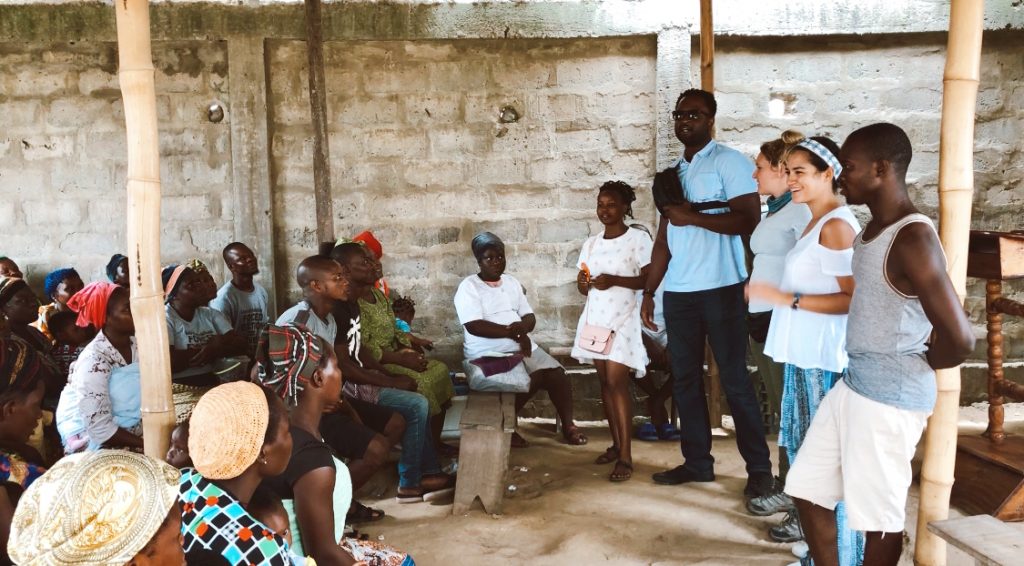
Tags
Connection with the SDG framework
The Northwestern ATH Project empowers faculty, graduate students, and thought leaders from various disciplines to tackle complex problems together in a multicultural context. A creative and iterative approach helps groups produce substantive solutions to shared global challenges as defined by the SDGs. Over the years, students have been able to tackle multiple SDGs, including SDG 3 good health and well-being, SDG 5 gender equality, SDG 6 clean water and sanitation, SDG 7 affordable and clean energy, SDG 8 decent work and economic growth, SDG 13 climate action, and SDG 16 peace, justice, and strong institutions. Working across multidisciplinary teams has allowed students to engage in research activities for real-world impact, distribute solutions, and mitigate potential negative impacts on the target countries / communities. The groups then collaborate with stakeholders to reach policymakers, international bodies, and/or civil society groups to share research findings and implement solutions that support the SDGs around the world.
Barriers and follow up
While each ATH project had its unique set of challenges, the most common barriers included cultural acceptance, unsafe working conditions, stigma, lack of political will, connectivity issues and corruption. These barriers were overcome by ensuring that our solutions were community-driven, culturally competent, and reflected a bottom-up approach, and also by ensuring that our process was transparent and iterative.
Transferability of the initiative
ATH’s model is scalable and transferable to other higher education institutions across disciplines and various geographical contexts. For example, the community health education curriculum which was tested in a pilot community was implemented at scale across other communities in Lagos, Nigeria. This intervention was scaled from one community to multiple, new health modules were added, and new partners from other universities got involved. In November 2017, an external partnership was developed with the University of Illinois – Chicago’s Biomedical Visualization Program. Master of Science in Global Health students assisted in developing new modules on hypertension and mental health. Medill School of Journalism graduate students have documented access to health issues in Lagos. This project continues to grow as we are currently working with Professor Marya Lieberman, a professor in analytical chemistry at the University of Notre Dame who has invented paper analytical devices that can be used to test counterfeit medication.
Education 4 SDG funciona gracias a WordPress
